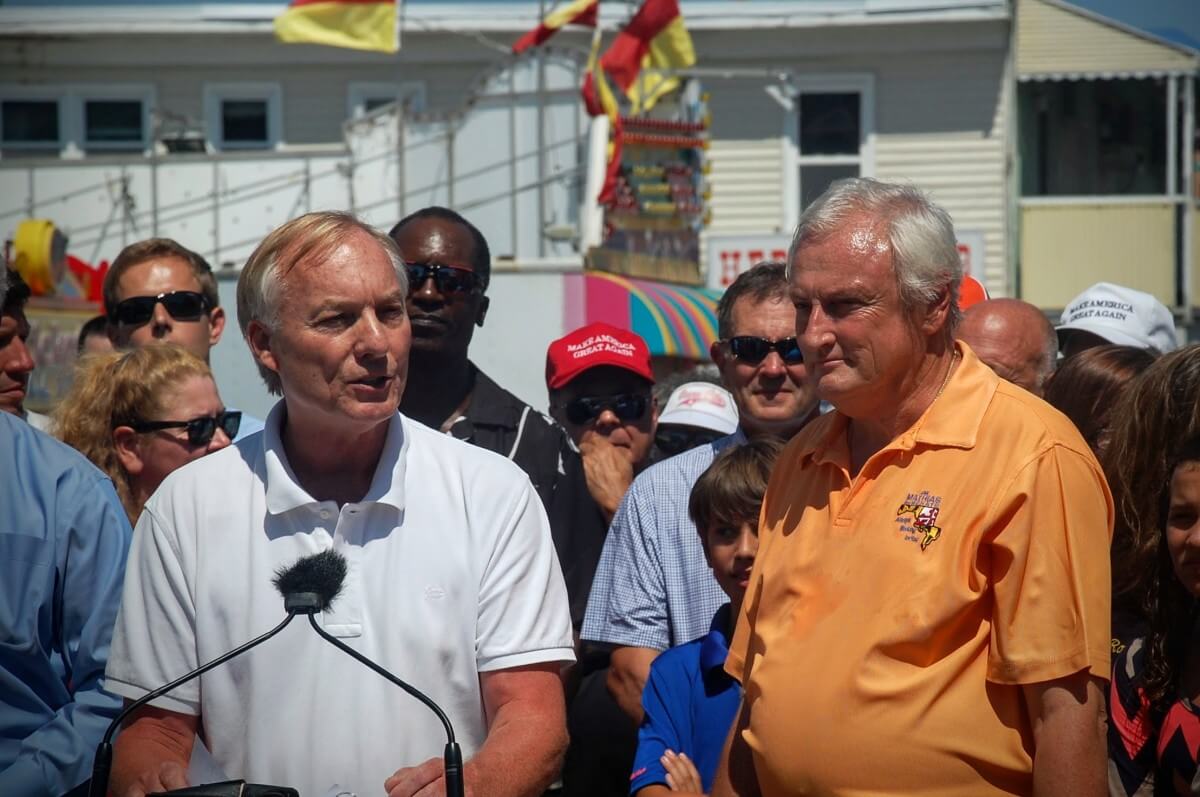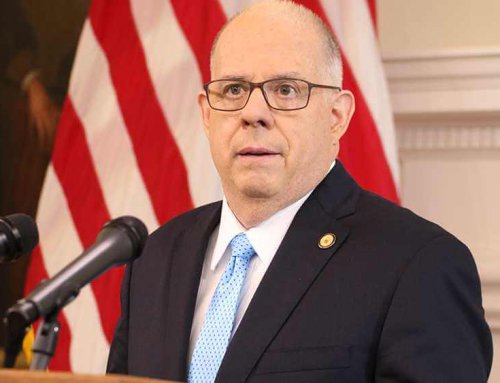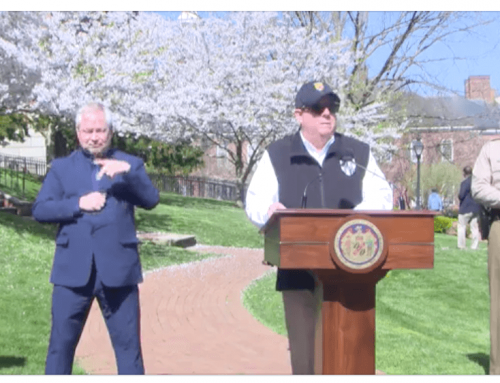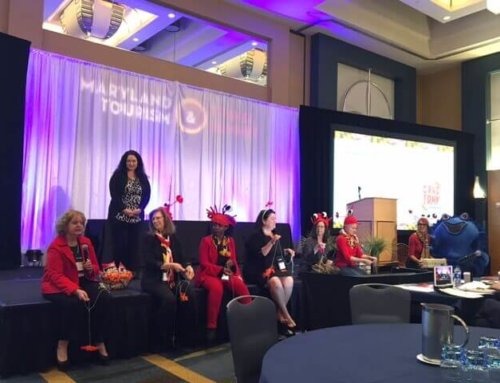State & Federal Tax Administrators, Private Sector and Consumer Advocates
Will Discuss Ongoing Initiatives and Future Strategies to Combat Fraud, ID Theft
Maryland Comptroller Peter Fra
“At a time when millions of Americans have been directly affected by fraud, identity theft, data breaches and other financial crimes, the security of the Maryland taxpayer is my defining priority as Comptroller,” Franchot said. “As part of our fight, we will convene federal and state tax administrators, local officials, private industry leaders and consumer protection advocates for a summit. We will frame the magnitude of the challenge and discuss what is being done – as well as additional actions that can and must be taken – to protect the safety and hard-earned money of taxpayers in Maryland and everywhere else.” He thanked the University of Baltimore for agreeing to host the meeting.
Scheduled for January 19, 2017, at the University of Baltimore, the summit will feature presentations from federal and state tax administrators, private industry leaders and consumer protection advocates who will discuss ongoing initiatives and future strategies to identify and combat tax fraud in its many forms.
The event is free and open to the public and interested parties may register at: www.taxpayersecuritysummitmd.eventbrite.com.
Since the beginning of this year, the Maryland Comptroller’s office has stopped accepting income tax returns from 61 companies doing business in 68 locations, including 23 different Liberty Tax Service franchises, for submitting numerous highly suspicious returns. Collectively, they filed thousands of state returns that the agency believes to be fraudulent. Not one of those businesses has met with Comptroller’s office officials to clarify the submitted returns that led to their ban.







Leave A Comment